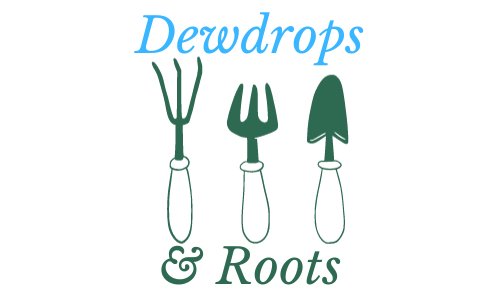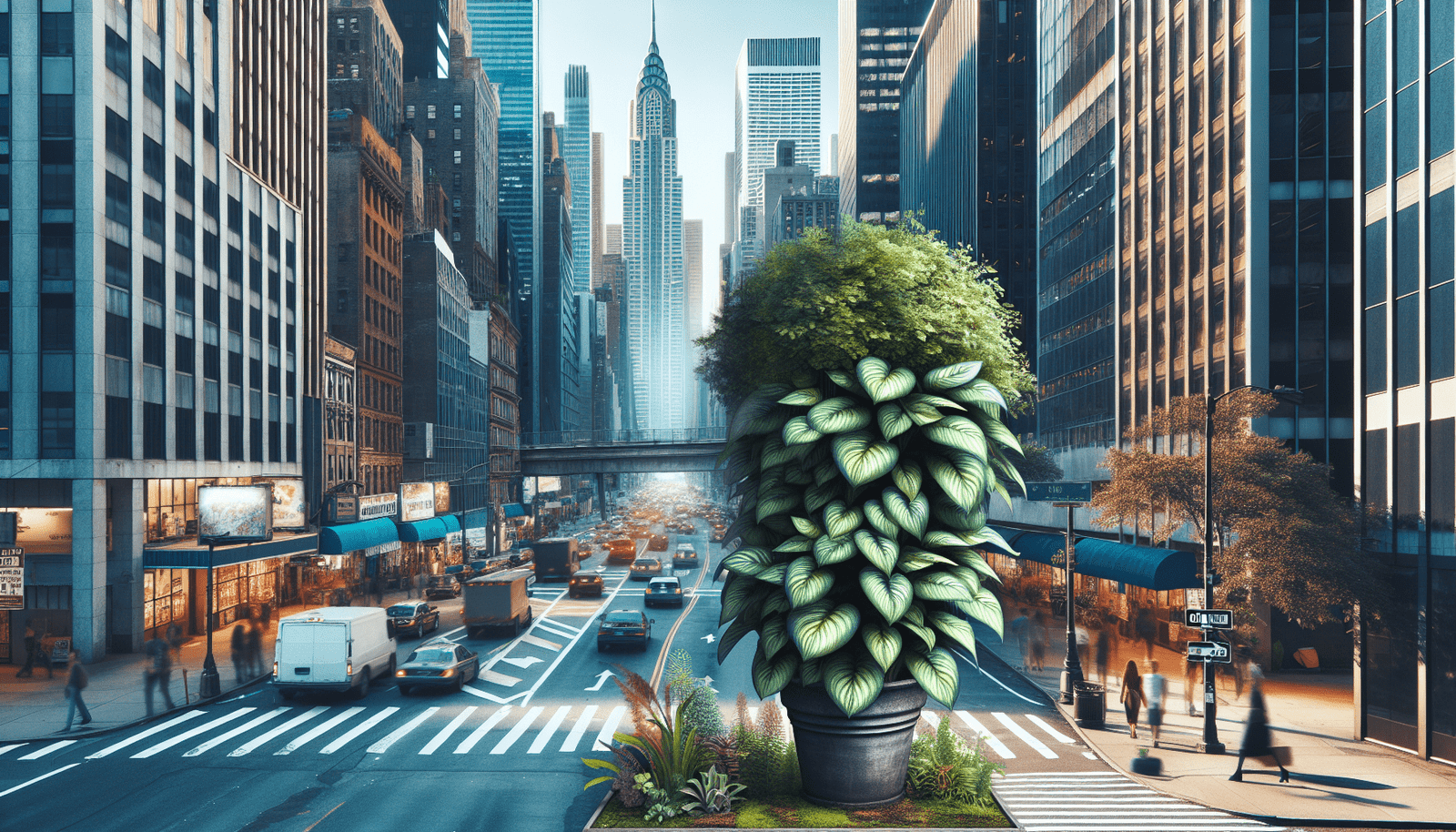Have you ever wanted to start a garden in your urban environment, but weren’t sure where to begin? Urban gardening can be challenging due to limited space and environmental factors, but with the right plants, you can create a beautiful and thriving garden right in the heart of the city. In this article, you will discover the best plants for a garden that not only survives but thrives in urban environments. Let’s get started!
Benefits of Urban Gardening
Urban gardening has become increasingly popular in recent years, and for good reason. Not only does it allow you to connect with nature and grow your own food, but it also has numerous benefits for the environment and your community. By creating green spaces in urban areas, you can help reduce pollution, combat climate change, and provide habitats for wildlife. Additionally, urban gardens can improve air quality, reduce urban heat island effects, and promote a sense of community among residents.
Did you know that urban gardening can help combat food insecurity and provide fresh, healthy produce for those in need? By growing your own fruits and vegetables, you can contribute to a more sustainable food system and support local communities.
Factors to Consider for Urban Gardening
Before you start planting your urban garden, it’s important to consider some key factors that may affect the success of your garden. These include sunlight, soil quality, water access, space constraints, and potential sources of pollution. By carefully assessing these factors, you can choose the right plants that will thrive in your urban environment.
When planning your urban garden, make sure to observe the amount of sunlight your garden receives throughout the day. Most plants require at least 6 hours of sunlight to grow properly, so be mindful of any tall buildings or structures that may cast shadows on your garden.

Best Plants for Urban Gardens
When selecting plants for your urban garden, it’s important to choose varieties that are well-suited to the unique conditions of urban environments. Look for plants that are low-maintenance, resilient to pollution, and can thrive in small spaces. Here are some of the best plants for a garden that survives in urban environments:
| Plant Name | Light Requirements | Watering Needs | Space Requirements | Benefits |
|---|---|---|---|---|
| Tomatoes | Full sun | Regular | Large containers | Fresh produce |
| Basil | Full sun | Regular | Small pots | Aromatic herb |
| Peppers | Full sun | Regular | Small containers | Colorful fruits |
| Lavender | Full sun | Low | Small pots | Fragrant flowers |
| Succulents | Bright light | Low | Small containers | Drought-tolerant |
Tomatoes are a popular choice for urban gardens due to their versatility and productivity. They can be grown in large containers on balconies or rooftops and produce a bountiful harvest of fresh, juicy tomatoes throughout the growing season.
Basil is another excellent option for urban gardens, as it thrives in full sun and can be grown in small pots on windowsills or countertops. This aromatic herb adds flavor to a variety of dishes and is easy to grow and maintain.
Peppers are a colorful and flavorful addition to any urban garden. They require full sun and can be grown in small containers, making them ideal for balconies or small outdoor spaces. With proper care, peppers can produce a continuous harvest of tasty fruits.
Lavender is a fragrant and beautiful plant that thrives in full sun and well-drained soil. It can be grown in small pots on patios or balconies and attracts pollinators like bees and butterflies to your garden.
Succulents are a great choice for urban gardeners looking for low-maintenance plants that can survive in small containers with minimal water. They come in a variety of shapes, sizes, and colors, adding visual interest to your garden while requiring little care.
Tips for Successful Urban Gardening
Now that you’ve chosen the best plants for your urban garden, here are some tips to help you successfully grow and maintain your garden in the city:
Start with good soil: Use high-quality soil that is well-draining and nutrient-rich to provide a healthy foundation for your plants to grow. Consider adding organic matter like compost or mulch to improve soil fertility and structure.
Water wisely: Urban environments can be hot and dry, leading to increased water needs for your plants. Water your garden regularly, especially during hot summer months, and consider using drip irrigation or soaker hoses to efficiently water your plants.
Choose the right containers: Select containers that are the right size for your plants and provide adequate drainage to prevent waterlogged soil. Consider using self-watering containers or smart pots that help regulate moisture levels and prevent root rot.
Maintain your garden: Regularly check your plants for signs of pests, diseases, or nutrient deficiencies, and take action promptly to prevent problems from spreading. Prune your plants as needed to promote healthy growth and remove dead or damaged foliage.
Harvest and enjoy: As your plants grow and produce fruits, vegetables, or flowers, be sure to harvest them regularly to encourage continued growth and flowering. Enjoy the fruits of your labor by incorporating fresh, homegrown produce into your meals or sharing them with friends and neighbors.

Urban Gardening Resources
If you’re interested in learning more about urban gardening and connecting with other urban gardeners, there are a variety of resources available to help you get started:
Community gardens: Join a community garden in your area to meet other urban gardeners, share knowledge and resources, and access communal gardening space. Community gardens are a great way to connect with your community and grow food together.
Online forums and social media groups: Participate in online forums, social media groups, and gardening websites to connect with a broader community of urban gardeners. Share tips, ask questions, and learn from experienced gardeners to improve your gardening skills.
Workshops and classes: Attend gardening workshops, classes, or seminars offered by local gardening organizations or nurseries to expand your knowledge and skills. Learn about gardening techniques, plant care, and sustainable practices from experts in the field.
Books and websites: Explore gardening books, websites, and blogs dedicated to urban gardening for inspiration, ideas, and practical advice. Learn about new plant varieties, gardening trends, and innovative techniques to enhance your urban garden.
Conclusion
Urban gardening offers a unique opportunity to create green spaces, grow your own food, and connect with nature in the midst of a bustling city. By choosing the best plants for a garden that survives in urban environments and following these tips for successful urban gardening, you can enjoy a thriving and beautiful garden right in your own backyard. Get started today and experience the joy of urban gardening for yourself!

